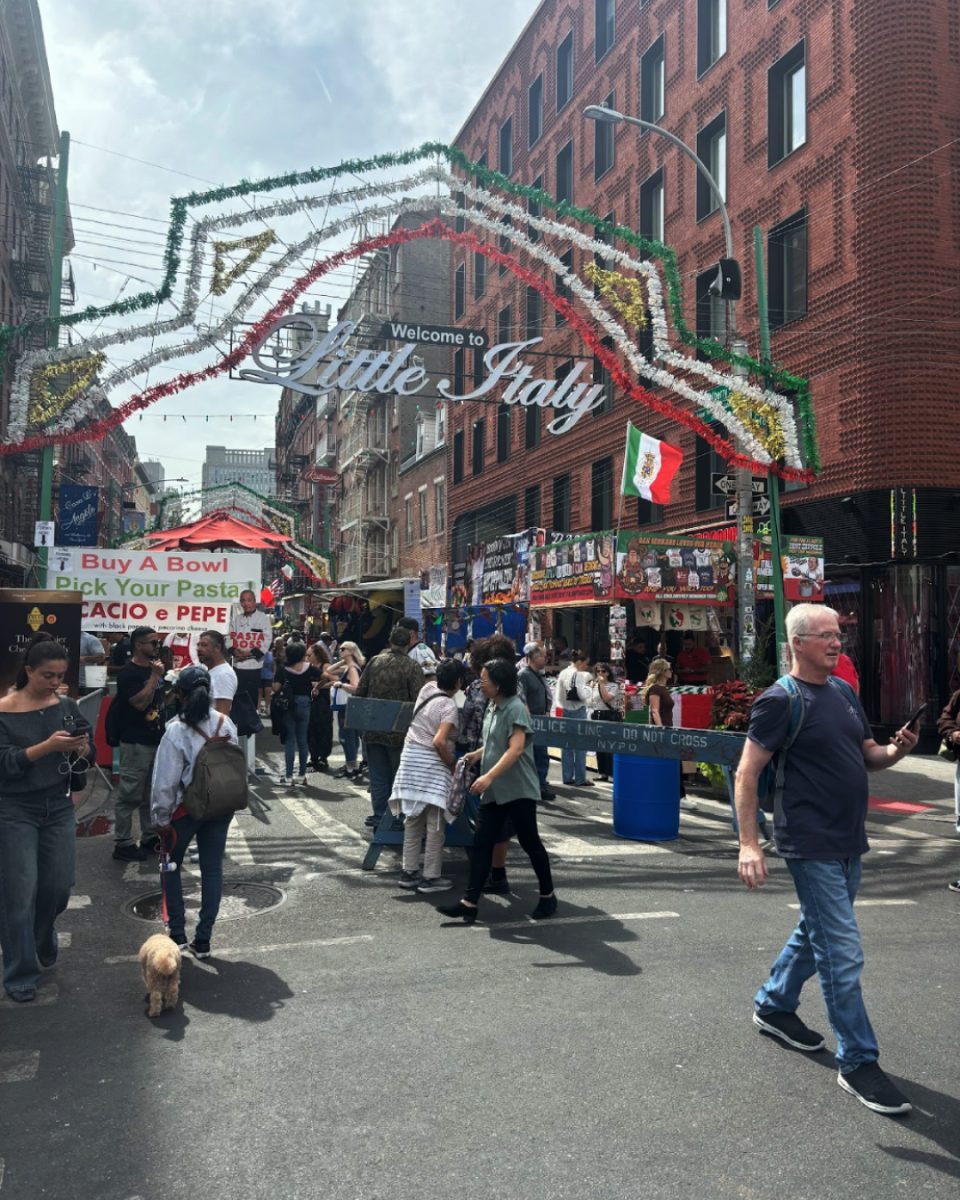With the impending doom that is graduation day quickly approaching, last-minute trips up to the 14th floor of 41 Park Row, where Career Services is located, are becoming more common for students in their final semester. But even as they polish their interview skills in the hopes of finding full-time employment, these students face tough odds.
Last Sept., the unemployment rate for new college graduates was 6.3 percent, according to the U.S. Bureau of Labor Statistics. Unsurprisingly, students with degrees in the arts and humanities had higher unemployment rates than their more successful counterparts, who studied for careers in health, education and agriculture and natural resources, according to thefiscaltimes.com And while it is true that college graduates are still finding employment more easily than those who only earned their high school diplomas or GEDs, college graduates are also feeling pressure from the lenders that financed their college educations. Private school students (hi, look around) face even more pressure. These students typically have taken on many more loans, with some having financed almost all four undergrad years entirely through private loans, with very little financial aid from their universities, if at all.
And as if the odds weren’t already stacked against recent grads in the United States in general, those in New York face even larger hurdles. Students in New York City are facing an increasingly impossible-to-afford housing market. Last month a New York Times article revealed that the average Manhattan apartment costs almost $3,000 more than the average rental in the nation, and the average sale price is $1.46 million, compared to the nation’s average sale price of $230,000.
The high cost of having an NYC address is forcing recent grads—those lucky enough to find employment here, that is—to commute into the city from the outer boroughs or even the tristate area. Graduating senior Stephanie Kozofsky said these facts worry her.
“I absolutely am worried about the cost of living in NYC as a whole. Partly because I want to be able to live close to where I work but also I am hyper-sensitive to safety, and I am worried I will not be able to afford to live in a neighborhood where I feel safe walking home at night,” said Kozofsky.
Graduate student Caroline Acebo said she already feels like she might be pushed out of her current NYC residence. “My two roommates and I are currently living in Manhattan,” said Acebo, “But because of rent, it’s starting to look like we’re being forced into the outer boroughs along with everyone else who isn’t a doctor, lawyer, or businessperson.”
The same New York Times article also addressed one of the city’s unique traits—the lack of a middle class. In other states, neighborhoods and even entire counties have clear separations. New York City is, as the Times put it, “the only place in the United States where a $5.5 million condo with a teak closet and mother- of-pearl wall tile shares a block with a public housing project.” Those who sought relief from the housing crisis in the outer boroughs are quickly finding that their escape from Manhattan is catching up with them. Gentrified neighborhoods have steadily been increasing in price, but even previously undesirable neighborhoods now see their housing prices skyrocketing due to increased demand from middle class New Yorkers migrating away from Manhattan.
Acebo said, “there are areas of Brooklyn that are almost as expensive as areas of Manhattan, which I find completely counterintuitive. My main concern is finding a place to live that’s safe, convenient, and not infested with hoards of roaches or rats or other unmentionables.”
The result of all of these factors is that few of the city’s highly ambitious students are able to complete in any of the arenas they want—graduates compete intensively for the few job openings available and fight even more aggressively for a chance to live in the city. All the while paying back tens of thousands, if not hundreds of thousands, of dollars back to lenders.
Someday, the competitive bubble may burst, and New York City will end up suffering in the long run. But for now, graduates seem to be flexible as long as they can keep a foot in the figurative door that is New York. “I am willing to commute if I cannot afford my bills, rent, and student loan payments,” said Kozofsky. “Living in NY is wonderful.”






